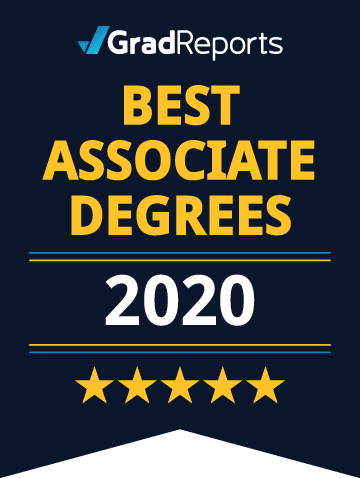
25 Best Associate Degrees in Teaching 2020
Students looking to start their teaching careers with an associate degree will find the 25 best options on this list. Graduates of these schools had starting median salaries ranging from $21,100 to $29,500. Middlesex Community College in Massachusetts comes in first; students in the school's teaching associate degree program had the highest median starting salaries and a median debt of $9,447 after graduation.
Tuition, median salaries, and median debt were reported by the U.S. Department of Education in November 2019. View our methodology for more details about these rankings or read more about the top-ranked schools.
| School | Annual Tuition | Median Debt | Median Salary |
|---|---|---|---|
| Tarrant County College District | $8,235 | $11,484 | $25,100 |
| Community College of Vermont | $13,640 | Not Reported | $24,400 |
| Leeward Community College | $8,350 | Not Reported | $24,000 |
| Camden County College | $4,056 | $6,625 | $23,700 |
| Northeast Wisconsin Technical College | $7,097 | $13,868 | $23,300 |
| Community College of Philadelphia | $12,440 | $11,778 | $23,100 |
| Delaware Technical and Community College-Terry | $11,828 | $6,998 | $22,900 |
| Sinclair Community College | $8,316 | $11,951 | $22,700 |
| University of Cincinnati | $30,582 | $12,999 | $22,700 |
| Palo Alto College | $14,422 | Not Reported | $22,300 |
| Northern Essex Community College | $11,472 | $11,000 | $22,200 |
| Fox Valley Technical College | $7,109 | $11,375 | $21,300 |
2020 Best Colleges Highlights
Learn more about the top colleges for a Associate in Teaching degree. You can also read student reviews of each school by clicking on the stars. Although student reviews were not used as a ranking factor in this list, we provide ratings and reviews so students can consider the experience of alumni in their decision-making process.